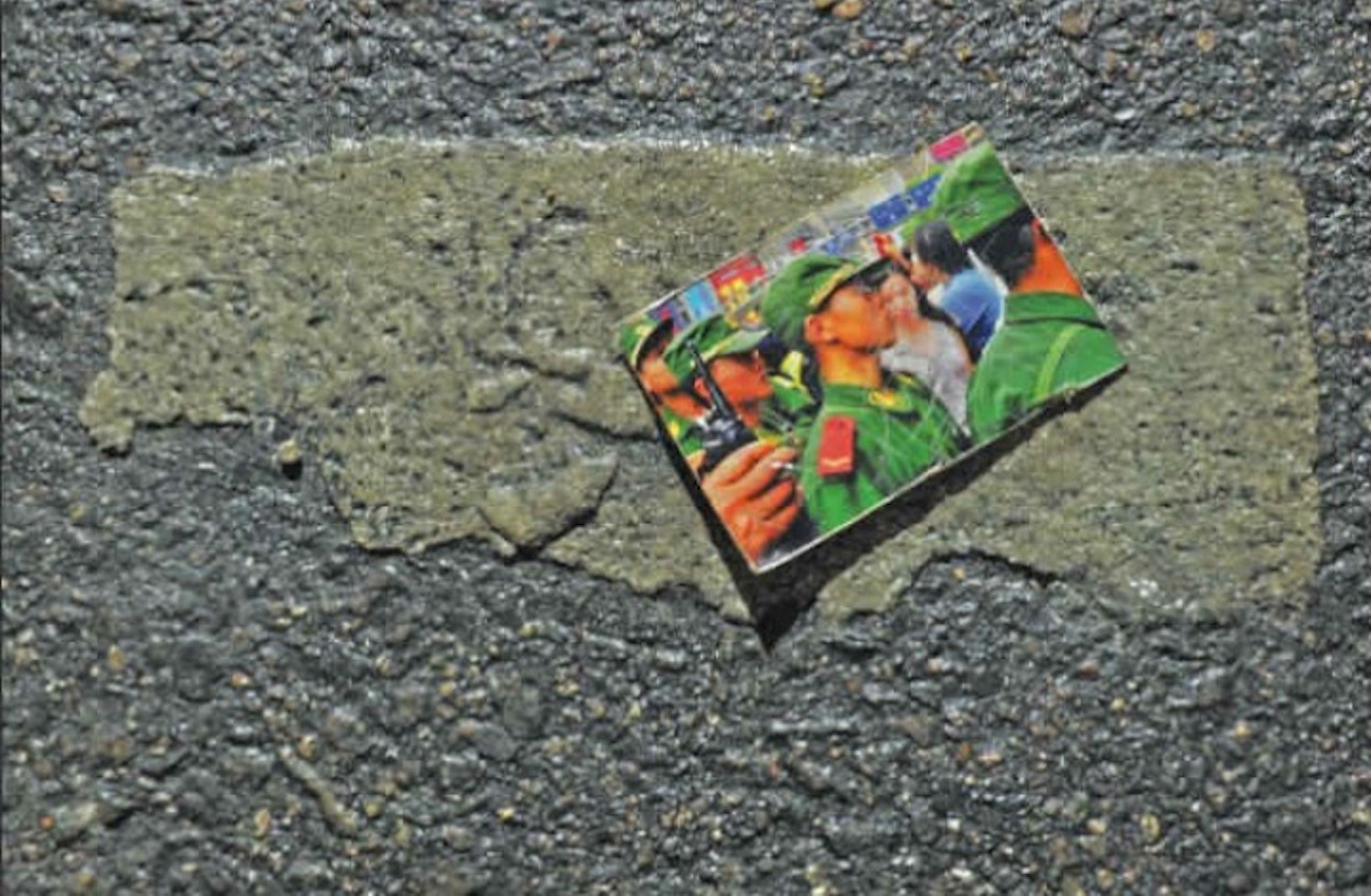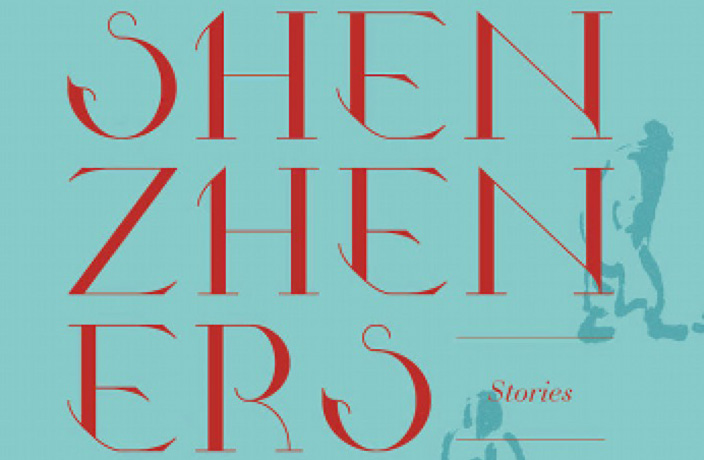What if Chinese people spoke English? Not by learning it, but as their mother tongue. Imagine how much more foreigners would understand what was going on. We’d get the jokes, understand the online memes, read the same newspapers local people do.
And Chinese books wouldn’t be filtered through translation. Jack Livings is not Chinese, he’s American. The Dog is his first book – but every one of the eight stories is set in post-Mao China, and only one features a foreigner.
His choice to have his Chinese characters think and talk in modern American vernacular is striking, and completely successful. It has the effect of bringing the reader closer, and it frees Livings to just tell his stories rather than bear the burden of explanation.
Of course, this device isn’t worth a thing if the stories don’t hold up. They are outstanding, and striking in their energy. Livings wouldn’t have been able to write them if he hadn’t lived and taught here; but he’s an Iowa Writers’ Workshop graduate and has had stories published in places like the Paris Review and Pushcart Prize collections. This is a real writer, not an English teacher with literary pretensions.
The Dog isn’t a ‘foreigner examines modern China’ book – it’s not anthropology in the guise of art. Jack Livings is an American, so he writes in American. His characters thus become real to us, people we can identify with rather than telling epitomes of trends in Chinese culture.
In the funniest story, ‘An Event at Horizon Trading Company,’ a modern office gets caught up in an absurd conflict between practitioners of Hanfu who wear classical Chinese dress to show fealty to ancient culture, and a mocking faction who dress up as Red Guards in opposition. All this nonsense is about currying favour with bosses as job losses mount, and the narrator find himself caught in the middle only because he’s not sure which way the wind is blowing.
The whole thing is ridiculous, but the way Livings writes means we can’t dismiss it as the kind of thing that only those krayzee Chinese could engage in – instead we think of Joseph Heller and Catch-22, or nowadays of Joshua Ferris or Sam Lipsyte. Human irrationality and cynicism know no borders.
In ‘The Crystal Sarcophagus,’ a team of glass workers is given the mission of building the sarcophagus that the body of Mao Zedong is to be displayed in, with crystal made to a specification that seems impossible.
Through accumulation of detail and lightly ratcheting suspense, we come to understand how this becomes a driving force in the men’s lives, in conditions that damage their health. We can question whether such a sacrifice is necessary, but the story does not allow us to patronize these skilled men, or minimize their steadfastness.
Livings is superb with voice, which is the shortest route to empathy. ‘The Heir’ swings us through a Uyghur grandee, his disappointing son and PSB officer Fatty Bo, each understandable and cruel in their own way. ‘The Pocketbook,’ about a lonely American student in Beijing, puts us inside her head, but also lets us taste the grim life of the street kid who steals her wallet and the calculations of Teacher Wu when she goes to him for help.
Events ratchet up and cool down in what seems a preordained way, but we’re left with the description of the thief as “a pro, a shadow of a boy who existed between pauses in conversation, clinging to the underside of memory like a fly… Ten years old, he was wastewater wrung from the sponge of the world.”
In ‘Donate!’ Yang is caught up by social and official pressure for charitable contributions in the aftermath of the Sichuan Earthquake. His wife gets mad at him when he forgets to get a certificate after giving blood, and the workers at the factory he owns demand he give more money. “Yang had to find the right balance: a donation large enough to calm the men, but not so large as to make it look like he had money to burn… People only think of themselves, even when they believe they’re helping others.”
This is a fine book set in China, though we’re not sure if we should even call it a China book – it’s more that Livings is a fine writer who has settled on this country for now, and his next book will probably take place elsewhere.
The final story, ‘Switchback, 1994’ is about a sad, random death on a mountain road, and could as easily be by William Trevor and set in Ireland. Yet anyone interested in modern China should read it, not instead of Chinese writers, but as a thrilling collection by a big talent who has been kind enough to set his book in a country we know a little about.
// Jack Livings: The Dog (Farrar, Straus and Giroux) is available on Amazon.






















0 User Comments